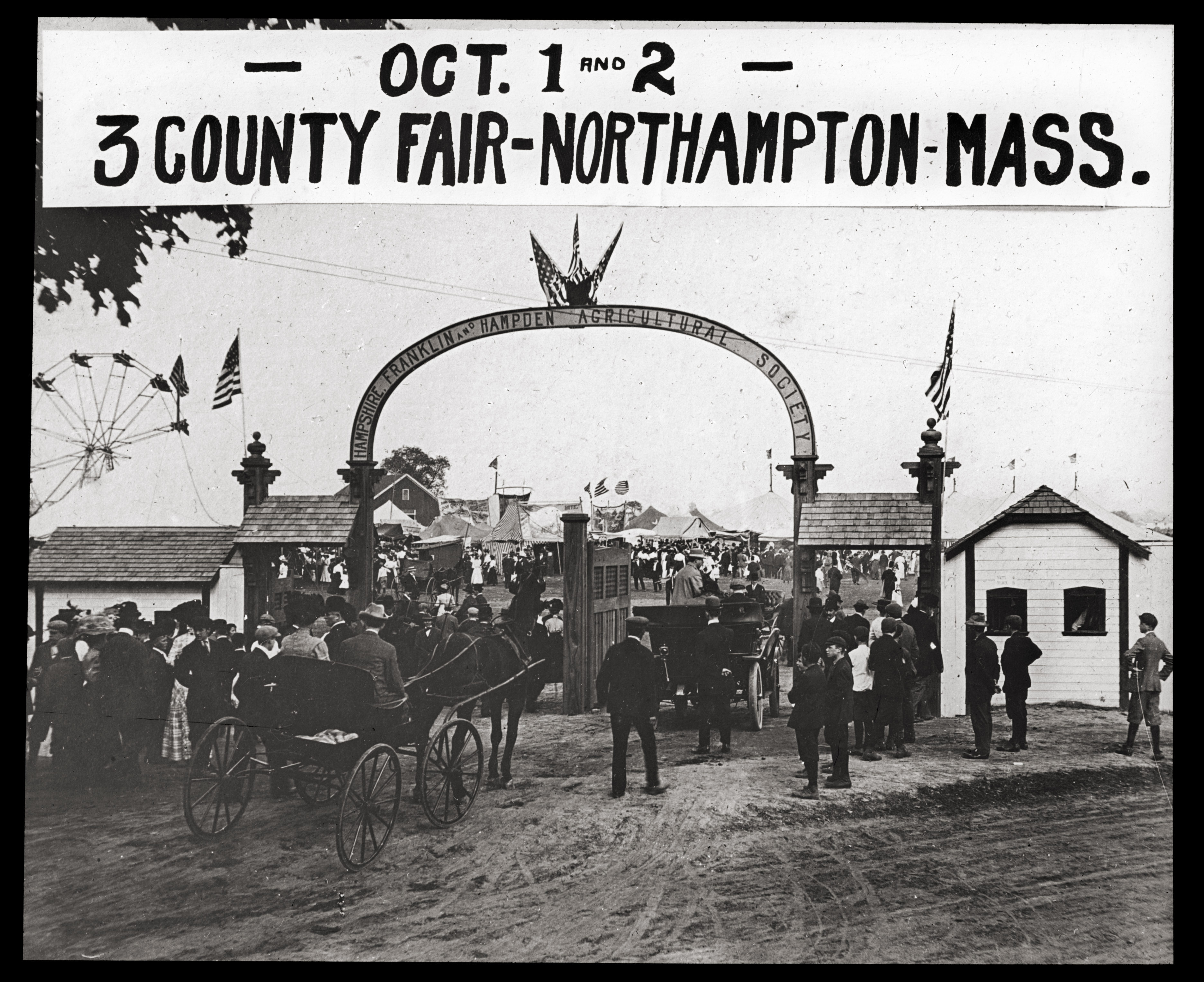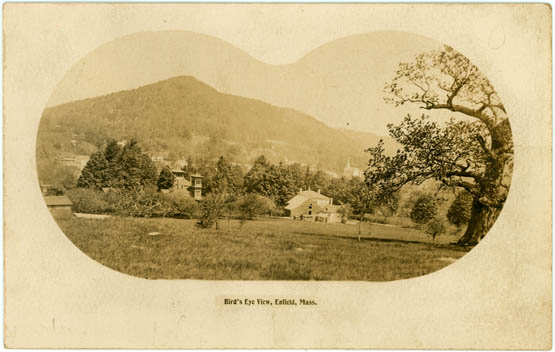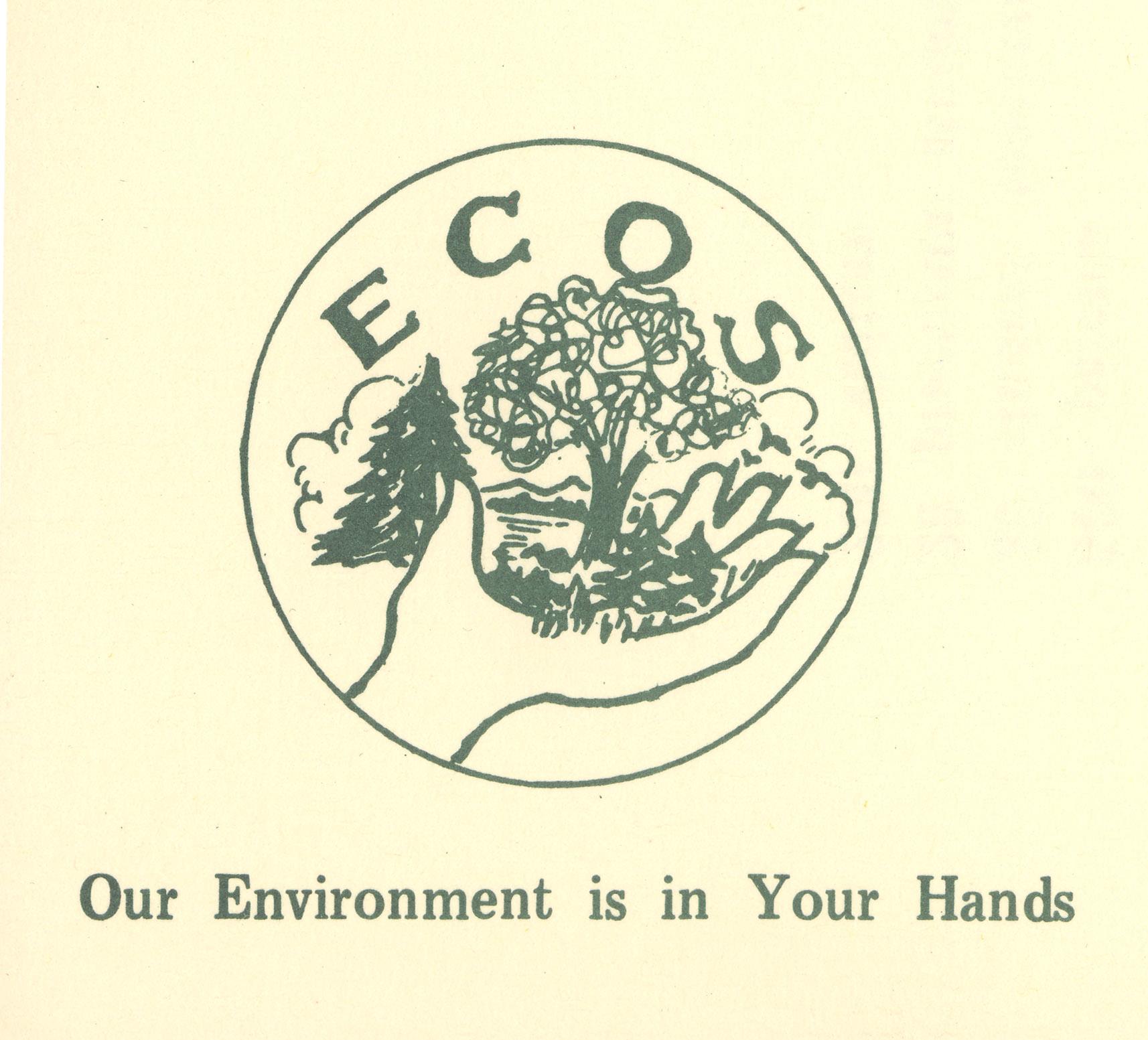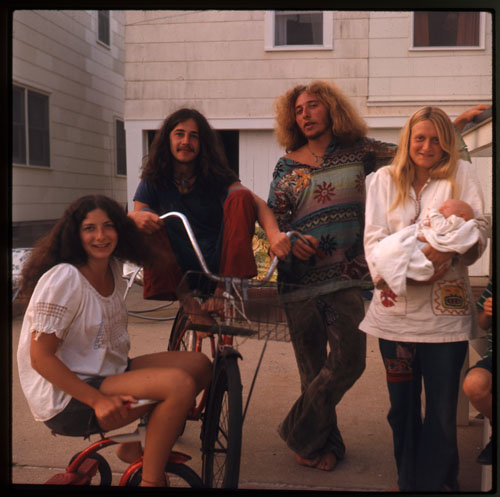Du Bois Homesite Dedication Video
As a child, W.E.B. Du Bois lived for several years on a five acre parcel of land on the Egremont plain near Great Barrington, Mass. Although barely five when his family moved into town, Du Bois never lost his feeling for this property that had been in his family for six generations, and when presented with the opportunity to reacquire the site in 1928, he accepted, intending to build a house there and settle.
Walter Wilson and Edmund Gordon purchased the Du Bois homesite in 1967 with the intention of erecting a memorial to Du Bois’ life and legacy. On October 18, 1969, the site was formally dedicated as the W. E. B. Du Bois Memorial Park, with civil-rights activist and future Georgia legislator Julian Bond giving the keynote address and Ossie Davis presiding as master of ceremonies. Nineteen years later, the Du Bois Memorial Foundation donated the property to the Commonwealth of Massachusetts, designating the University of Massachusetts Amherst as custodian.
Narrated by Davis and including Bond’s keynote address, this documentary (originally shot on 16mm motion picture film) depicts the 1969 dedication ceremonies. For additional information, please visit the website for the Du Bois boyhood homesite.





